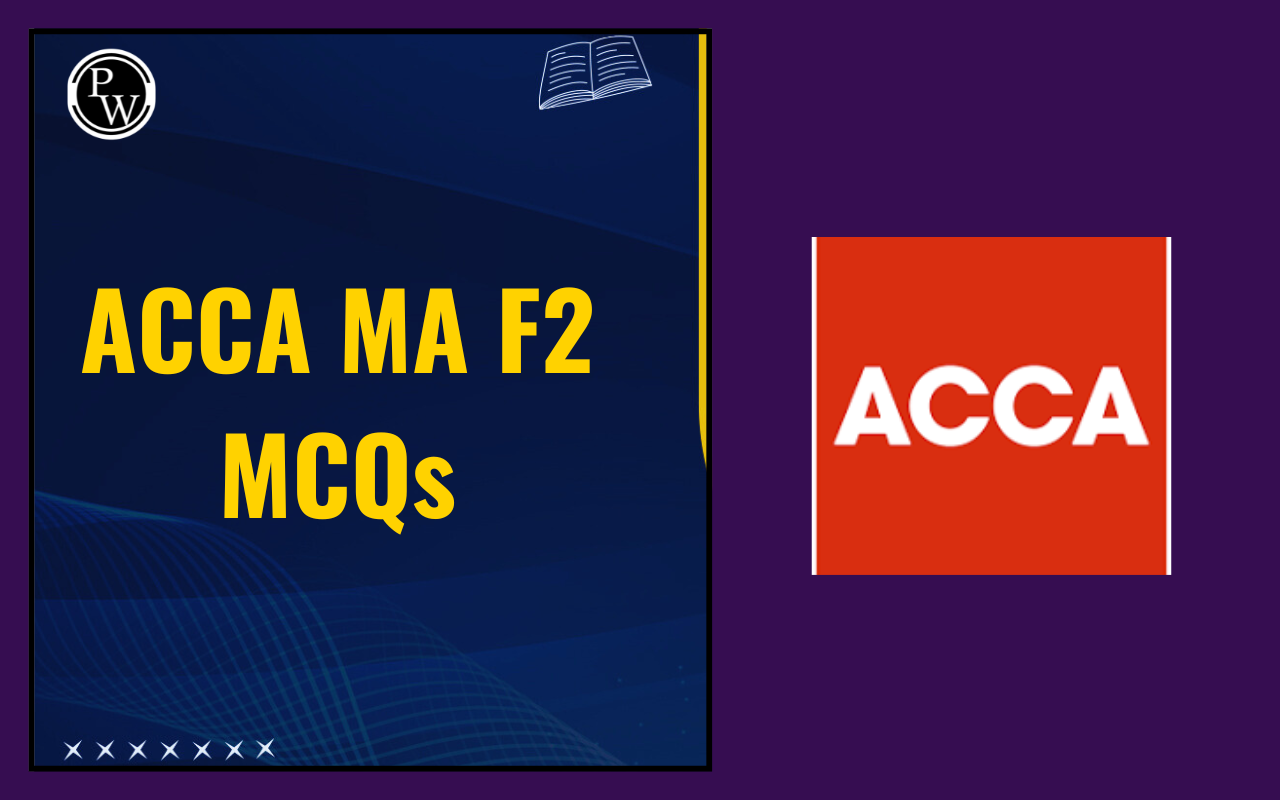
The world of finance and accounting is evolving rapidly, and two key components shaping the profession are ACCA vs IFRS. These two are often discussed together because of their significance in accounting, but they serve different purposes.
ACCA is a globally recognized professional qualification, whereas IFRS is a set of international financial reporting standards. Check here a detailed comparison between ACCA vs IFRS, their differences, and their importance in the accounting profession.
What is ACCA?
ACCA (Association of Chartered Certified Accountants) is a prestigious global qualification that prepares professionals for various roles in finance and accounting. It is recognized in over 180 countries and equips students with theoretical and practical knowledge required to excel in the accounting field.
What Makes ACCA Globally Recognized?
The ACCA qualification is highly valued because of its worldwide recognition. ACCA professionals work in auditing, taxation, corporate finance, and management accounting, making it a versatile choice for finance aspirants. Employers trust ACCA-certified individuals for their expertise in financial management and strategic decision-making.
What Does the ACCA Curriculum Cover?
The ACCA Syllabus is designed to provide students with a holistic understanding of accounting and finance. It includes subjects like financial reporting, auditing, taxation, law, and strategic business leadership. The course is frequently updated to align with global financial trends and ensure relevance in a dynamic industry.
What is IFRS?
IFRS (International Financial Reporting Standards) is a set of accounting principles developed by the International Accounting Standards Board (IASB). The aim of IFRS is to standardize financial reporting globally, ensuring transparency, comparability, and accuracy across different countries and industries.
How Widely Adopted Are IFRS Standards?
More than 140 countries, including those in Europe, Asia, and Australia, have adopted IFRS. This standardization allows investors, regulators, and stakeholders to understand and compare financial statements globally. While the United States still follows Generally Accepted Accounting Principles (GAAP), IFRS remains the most widely accepted standard worldwide.
What Are the Key Principles of IFRS?
The foundation of IFRS is based on principles like accrual accounting, fair value measurement, and comprehensive financial disclosure. These principles ensure consistency, reliability, and transparency in financial statements, helping businesses maintain credibility in global markets.
Differences Between ACCA anf IFRS
While both ACCA and IFRS are critical to the accounting field, they differ in scope, purpose, and career impact. Let’s explore their distinctions.
Scope and Focus of ACCA vs IFRS
The ACCA qualification is a broad-based program covering all aspects of accounting and finance, including financial management, taxation, and auditing. In contrast, IFRS focuses exclusively on financial reporting. ACCA provides a deep understanding of financial regulations, including IFRS, whereas IFRS is solely concerned with the standardization of financial reporting.
Certification vs Standards
ACCA is a professional qualification, requiring students to pass multiple exams and gain practical experience. It prepares individuals for diverse roles in accounting and finance. On the other hand, IFRS is a set of accounting standards, not a professional qualification. IFRS training enables professionals to implement global financial reporting rules but does not provide a certification like ACCA.
Career Opportunities with ACCA vs IFRS
The ACCA qualification opens doors to various career paths, including roles like financial analyst, auditor, tax consultant, and corporate finance expert. Its broad coverage allows ACCA-certified professionals to work in multiple industries worldwide.
IFRS expertise, however, is highly valuable for professionals working in multinational corporations and financial reporting roles. Many companies prefer accountants with IFRS knowledge to ensure compliance with international reporting standards.
Benefits of the ACCA Qualification
The following are the benefits of choosing ACCA qualifications:
Professional Recognition and Global Opportunities
One of the biggest advantages of ACCA is its global credibility. Employers recognize ACCA professionals for their strong financial acumen and ethical decision-making skills. The qualification also offers opportunities for international career growth and networking.
Versatile Career Prospects
ACCA-certified professionals can work in various domains such as auditing, taxation, financial consultancy, and risk management. Their knowledge extends beyond financial reporting, making them valuable assets in organizations.
Continuous Professional Development (CPD)
ACCA members are required to keep their skills updated through CPD programs. This ensures that they stay ahead in the ever-changing world of finance and accounting.
Benefits of IFRS Knowledge
The following are the benefits of choosing IFRS knowledge:
Demand in Multinational Corporations
With globalization, multinational companies require professionals who understand IFRS standards. Knowledge of IFRS helps businesses maintain financial consistency and improve transparency across borders. As a result, professionals with IFRS expertise are highly sought after in global organizations.
Enhanced Financial Analysis Skills
Understanding IFRS allows professionals to interpret financial reports accurately. Since IFRS ensures consistency in financial reporting, analysts can compare company performances globally, leading to better investment and business decisions.
How to Choose Between ACCA and IFRS?
The following are the ways to help you make effective choice between ACCA and IFRS:
Key Factors to Consider
Choosing between ACCA vs IFRS depends on your career goals. If you seek a comprehensive accounting qualification, ACCA is the ideal choice. However, if you want to specialize in financial reporting, IFRS training will give you a competitive edge in multinational firms.
Aligning Your Choice with Career Aspirations
If your goal is to work in a wide range of financial roles, ACCA offers more flexibility. But if you are passionate about financial reporting and compliance, IFRS is the right path. Consider industry demands, job market trends, and your professional interests before making a decision.
Industry Preferences for ACCA vs IFRS
Different industries require different expertise. For instance, multinational corporations prioritize IFRS knowledge, while accounting firms value ACCA professionals due to their broad financial expertise. Understanding the specific requirements of your desired industry can help you make the right choice.
The debate on ACCA vs IFRS highlights their distinct roles in the accounting world. While ACCA is a globally recognized qualification providing broad expertise in finance and accounting, IFRS is a financial reporting standard ensuring consistency in global financial statements.
Choosing between the two depends on your career aspirations and professional interests. Regardless of your choice, mastering either ACCA or IFRS will significantly enhance your accounting career and open doors to exciting opportunities in the finance industry.
ACCA VS IFRS FAQs
What is the main difference between ACCA and IFRS?
Can I study IFRS after completing ACCA?
Which is better for career growth: ACCA or IFRS?
Is IFRS mandatory for all accountants?










